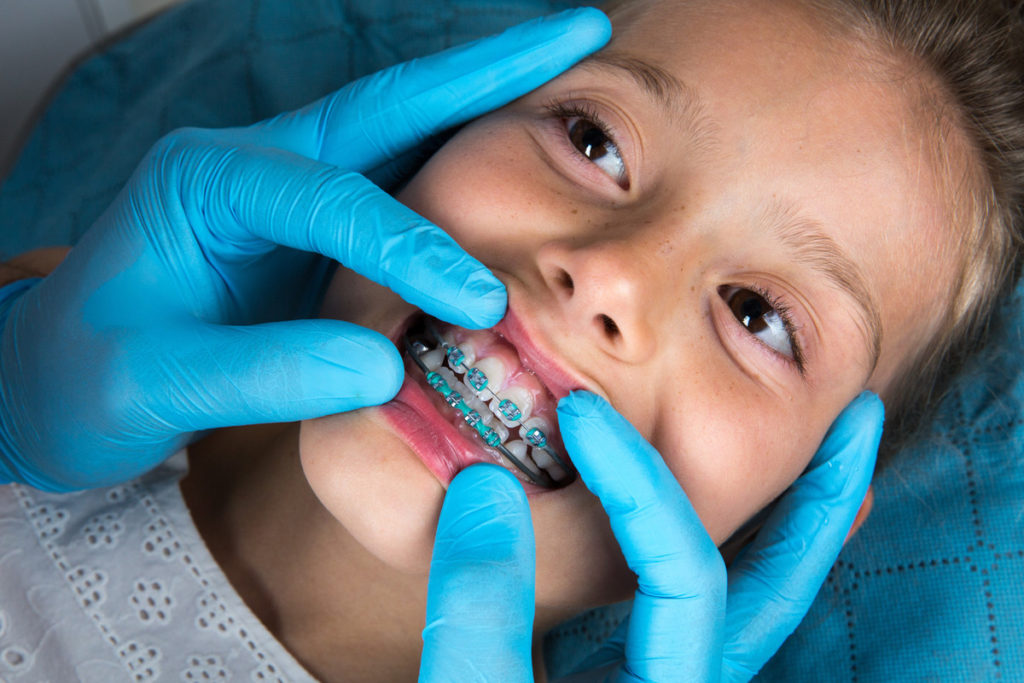March 18, 2021
Perhaps your child has already undergone their pediatric orthodontic consultation and their braces will be officially going on in the coming weeks. Or perhaps your child has already had them fitted to their teeth, and you’re simply scouring for answers as to what, exactly, constitutes “normal pain” in this unfamiliar situation.
Regardless, we’re here to help provide you with both peace of mind and answers.
When it comes to discomfort, here’s what you need to know:
What To Expect…
Unfortunately, braces come with an inherent level of discomfort, no matter your child’s age. As the orthodontic appliances are manually placing pressure in order to slowly align both the jaw and teeth, some soreness and achiness are bound to occur every time your child comes in for an adjustment.
Specifically, mild discomfort and pain are perfectly normal. In particular, difficulty eating may come into play, although eating soft foods will help to alleviate the pain of chewing over time. Additionally, your child may experience slight irritation along the soft tissue of their inner mouth. After all, it will take some time for their mouths to adjust to the hard press of the metal wires and brackets.
Finally, jaw pain and headaches are also possible, especially if jaw realignment is part of your child’s orthodontic care plan. That being said, ibuprofen or other over-the-counter pain medications will often do the trick in these circumstances.
… And When To Take Action
While discomfort and/or pain is an expected factor in undergoing the installment of braces, pain that worsens with time is not normal. In fact, any pain your child feels following their orthodontic adjustment should subside within a couple of days to a week at most, meaning pain that gradually worsens merits a call to your orthodontist’s office.
Similarly, pain that does not worsen but also does not subside after a week may also require additional attention.
Additionally, should your child develop sores or begin bleeding as a result of their braces, you may need to make a call to receive emergency orthodontic care, as this indicates a potential malfunction of the braces themselves and should be handled immediately.
Finally, allergic reactions are not normal and may indicate your child is allergic to the latex rubber used in the braces.
Simple Solutions, Certified Care
If your child is experiencing normal braces-related pain at home, there are a few simple steps you can take to help alleviate the discomfort.
For example, helping them to apply wax over the metal appliances can protect and soothe their soft tissue. Additionally, brushing with a soft-bristled toothbrush and — as mentioned previously — eating soft foods or taking ibuprofen may also mitigate tenderness.
Otherwise, maintenance aside, the best way to ensure the most comfortable process possible is to work with a board-certified team of compassionate professionals! And here at SouthShore Orthodontics, we are committed to providing exceptional service in a relaxing environment for the whole family.
To learn more about how we can help your child achieve the healthiest and happiest smile possible, contact us today by calling (813) 815-0080. We look forward to providing you with the highest-quality orthodontic care in Tampa Bay!

